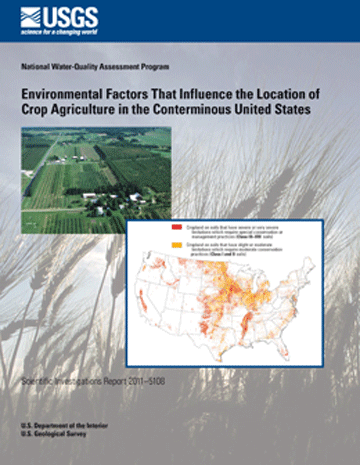Food security (TECHNOLOGY)
Key Features
Nilus’ mission is to resolve the problem of malnutrition by distributing healthy food that would otherwise be wasted at discounted prices among community kitchens in low-income neighborhoods. Nilus has developed a digital marketplace that connects food producers and retailers with excess inventory that suffers from aesthetic or packaging defects or is about to expire with community kitchens in shelters, soup kitchens and schools in low-income neighborhoods. The Company crowd sources the delivery among professional drivers. It is currently operating in Argentina, Mexico, and Puerto Rico, where it has delivered over 3 million plates of food to more than 200,000 people.
Social Impact
There are over 2 billion people in the world who suffer from food insecurity, which means that they do not have the resources to access at least one healthy meal per day. In Latin America, the Food and Agriculture Organization of the United Nations (FAO) is projecting that over 330 million people will be affected by food insecurity by year’s end, driven by the COVID-19 pandemic. On the other hand, over a third of the food that is produced in the world – 1.3 billion tons per year – is wasted while the food is still edible, for reasons such as aesthetics or packaging defects, or because it is about to expire. The Company’s main insight is that there is a sustainable, market-based opportunity to alleviate food insecurity for low-income people, by supplying them with nutritious food at risk of being wasted. This food can be purchased at heavily discounted prices because their producers incur in expenses in order to discard it. And, on the other hand, there is a giant demand of food to feed the poor. In Latin America alone, governments and philanthropic organizations spend over $5 billion per year feeding low-income people. Yet, less than 1% of the food that is offered to them comes from food at risk of being wasted. Nilus is penetrating a Blue Ocean market, as it is the first food waste distribution startup in Latin America focused on supplying low income communities. During 2019, it grew at 25% per month, on average. Since COVID erupted in February 2020, it has grown over 2,000%.
Future Plans
We plan to grow to 6.5 million kilos in 2022 spread across three cities in Argentina, one in Puerto Rico, and three in Mexico.
Main Target Group
Nilus distributes products among community kitchens, restaurants and convenience stores in low-income neighborhoods. It has two go-to market strategies. One consists of securing collaboration agreements with 2nd tier NGOs (i.e., NGOs that manage networks of soup kitchens) and city governments. These agreements facilitate the Company’s access to established networks of community kitchens, and the resources needed to supply donated food to them. These large anchor partners help the Company secure the volume it needs to access competitive prices from suppliers, and in turn offer products to other networks of community kitchens. The second go-to market strategy is through philanthropic programs promoted by large food companies, where they commit to donate food to community kitchens for every product they sell, and they fulfill their pledge by retaining the services of Nilus.
PHOTO ON NEXT POST

Comments